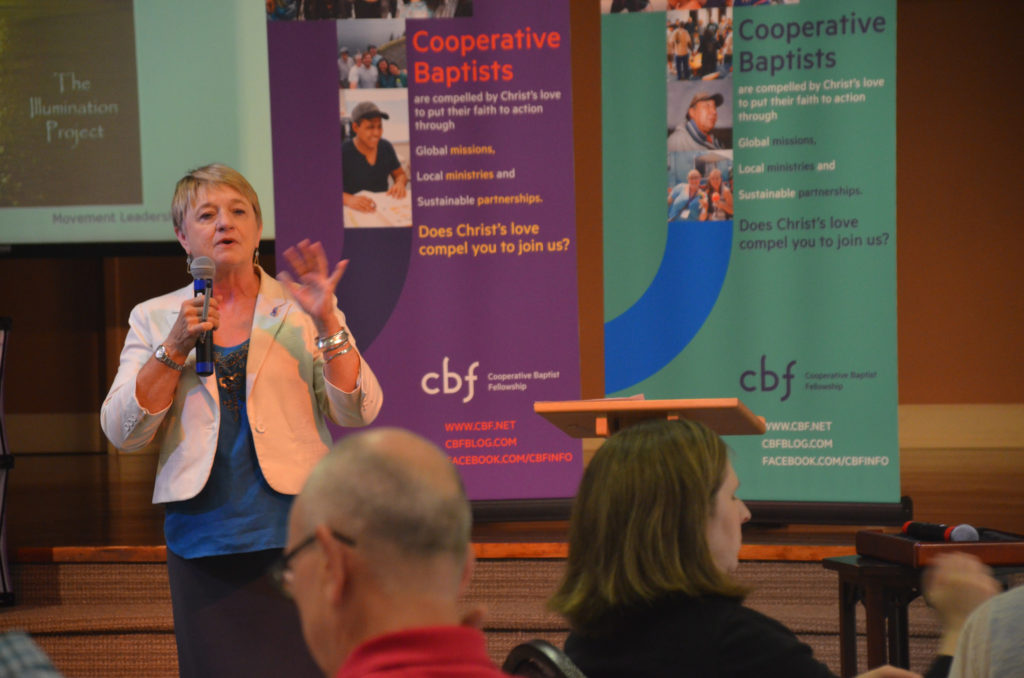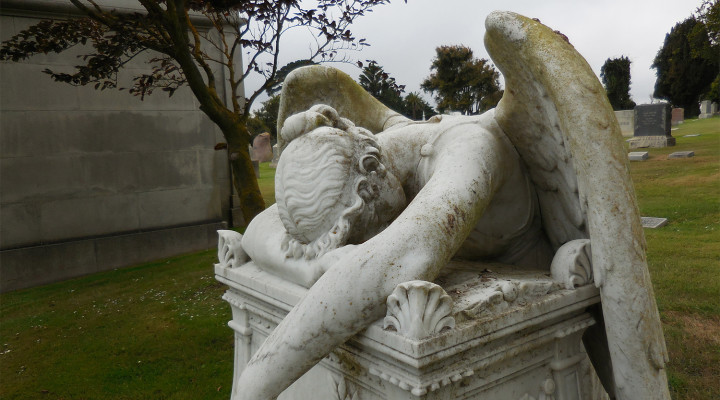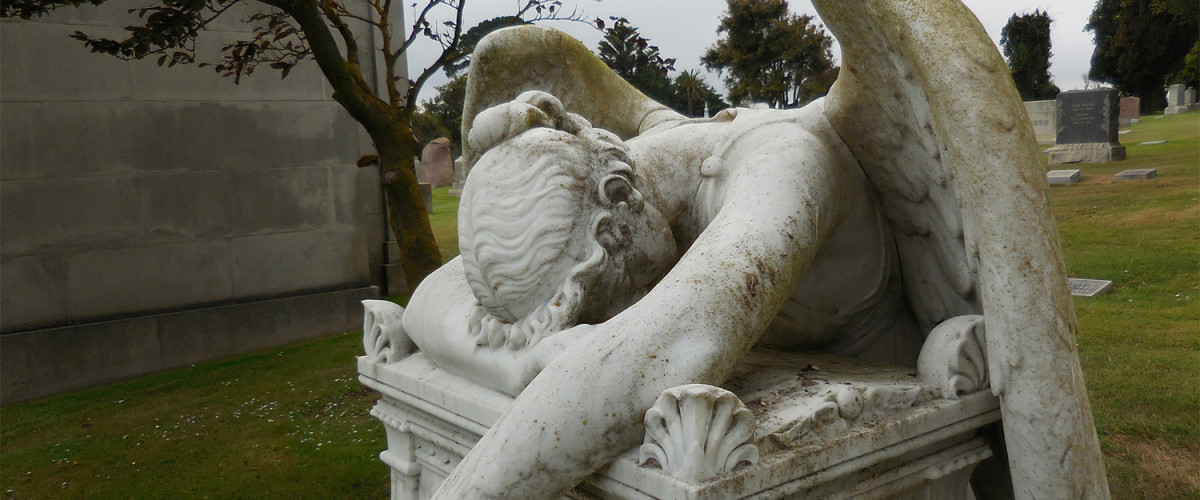Suzii Paynter didn’t get on Facebook first thing Wednesday morning like so many millions of other Americans did.
But Paynter, executive coordinator of the Cooperative Baptist Fellowship, said she didn’t need social media immediately to tell her how people felt after Donald Trump’s presidential victory the night before.
“We’ve all been holding our breath for a year, waiting to move on,” she said. “This election season has been especially difficult and its language has accentuated our divisions, and been very painful.”
“This election season has been especially difficult and its language has accentuated our divisions, and been very painful.”
The role of the church, going forward, is to introduce healing language, to bridge divides and to begin the reconciliation process by inspiring people to connect with each other and their communities.
And it is to offer spiritual perspective.
“We are not in the worst of times or the best of times,” Paynter said. “We are living in times that require mutual respect and compassion and lifting up and articulating our common humanity.”
Paynter shared more of her post-election thoughts during an interview with Baptist News Global.

CBF leader Suzii Paynter said people on both sides of the issue were surprised by the outcome of Tuesday’s voting. (Photo/CBF)
Social media reaction was pretty intense Wednesday morning. How did you read that?
I think everyone in the country, winners and losers, are surprised. … I think there is the response of people dealing with the unexpected, so their responses are very much around ‘what next?’ questions. … It’s interesting to me that after two years of campaigning there are more questions after the vote than there are answers.
How would you describe the nation, post-election, from a spiritual standpoint?
Spiritually we are a people that … are seriously, seriously yearning for a deeper connectedness across our country. … The yearning for a spiritual foundation is a yearning for life to be fulfilled. These yearnings come out of the pain of unrealized hopes, out of division and oppression. … And for that the doors of the church need to be thrown open to the yearnings of the people and of our communities. … And the church also needs to go out into the communities to be with people and respond to those deep yearnings.
Is a reconciliation process called for right now?
I think the word is connection. I think first there is a need for connection. One thing the campaigns have done is to continually divide people, and so one of our great spiritual needs right now is for spiritual connection. That comes from seeking people out and living into the principles that are inherent in our gospel message. … The faith community needs to speak into the deepest fears and deepest hopes of people with a message that transcends our situation. That means connecting with people and finding our common purpose. If people of faith are anemic in that discussion, then I think our country devolves into a fractured society.
One thing the campaigns have done is to continually divide people, and so one of our great spiritual needs right now is for spiritual connection.
Can you recall where that process has been successful on such a large scale?
Where it’s successful, it’s been intentional. It begins with listening and connection. And where it has meaning, it started at very local levels, in common places, and not necessarily on a big scale. … It has to happen one individual at a time, one community at a time. …
What can CBF do to help its churches and other partners to be part of that process?
We need to focus on our communities. Where are the places where we can join together in hearing true fears? Where can we go to hear the dreams of people in the winners chair and the fears and trepidation people in the losers chair? It’s asking how do we walk together with those people and speaking with spiritual values that are bigger than self-interest. … We can lead people to something bigger than a political party and bigger than an election. … We have to live into that reality or we’re just perpetuating the worst of the campaign into our efforts to live together.


